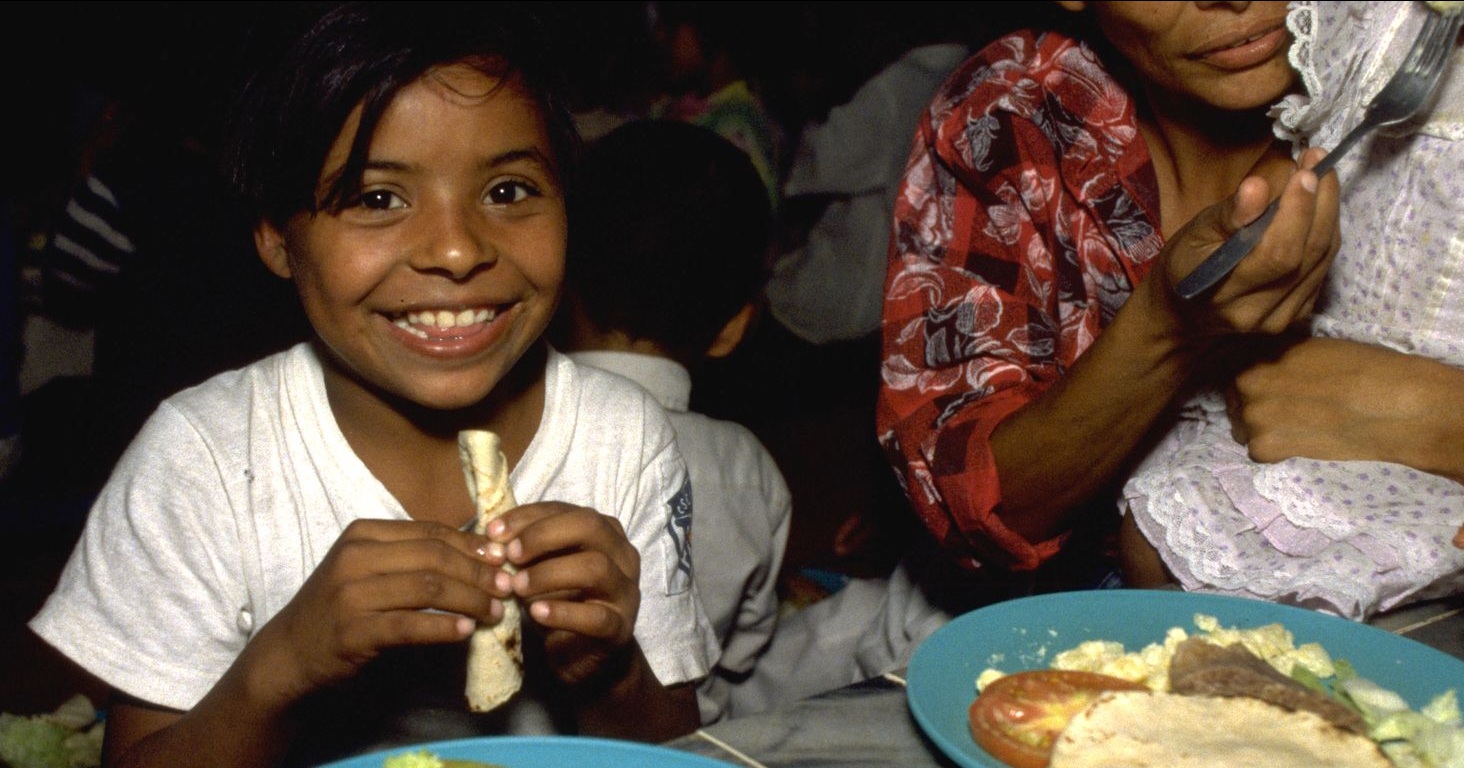Food for thought on World Food Day

 Climate change further exacerbates the problem. Food production systems highly impacted by seasonal variations, such as rain-fed agriculture, are already affected by more erratic rainfalls and extreme weather events all over the world. The 2015 Global Nutrition Report outlines how fluctuations in food production and availability amongst the poorest groups in society have an immediate impact on people's health. The height of young children in India, for example, varies significantly by the month of their birth, due to seasonality of food availability.
Climate change further exacerbates the problem. Food production systems highly impacted by seasonal variations, such as rain-fed agriculture, are already affected by more erratic rainfalls and extreme weather events all over the world. The 2015 Global Nutrition Report outlines how fluctuations in food production and availability amongst the poorest groups in society have an immediate impact on people's health. The height of young children in India, for example, varies significantly by the month of their birth, due to seasonality of food availability.

Climate smart agriculture is one of several ways in which sustainable agribusiness can help solve the global food crisis. This integrative approach aims to build resilience to climate change, reduce GHGs from agriculture and increase productivity.
First, vulnerable producers can adapt their systems to changing climatic conditions. In regions where water limits production, implementing more efficient irrigation regimes can lead to more harvests per year, resulting in higher income and better food security for family farms.
Second, improvements to production processes can reduce emissions and lessen effects of climate change in the future. Using biomass residue for power generation is a viable option for processing plants across industries. Slaughterhouses, peanut crushing mills and orange juice producers alike have invested in this technology in order to save money and GHG emissions.
And third, producers can turn to sustainable intensification as a business solution, improving productivity and resilience at the same time. Cattle ranchers in Costa Rica have planted trees on their pastures to increase animal well being and growth while at the same time reaping benefits such as improved soil conditions due to water retention and carbon sequestration by the trees' roots.
All of these strategies help stabilize sustainable agricultural production and reduce negative effects on food security brought on by climate change. If you own a sustainable agribusiness in Latin America or the Caribbean and are looking to expand your business, check out the newly created IDB Climate Smart Agriculture Fund, which was established to provide loans and guarantees to companies that need concessional financing to become fully viable.
Please send us any comments or questions you may have. Happy World Food Day!
LIKE WHAT YOU JUST READ?
Subscribe to our mailing list to stay informed on the latest IDB Invest news, blog posts, upcoming events, and to learn more about specific areas of interest.
Subscribe



